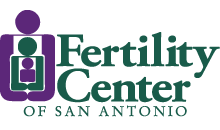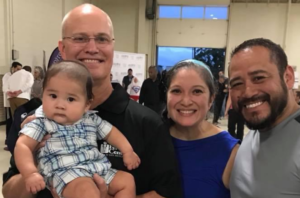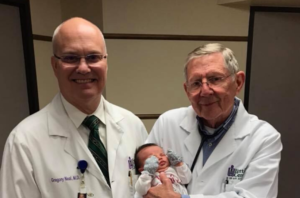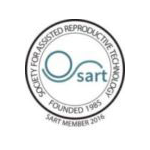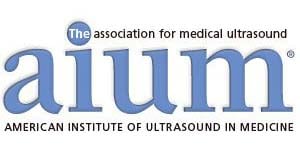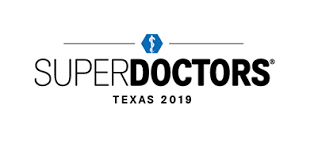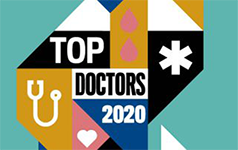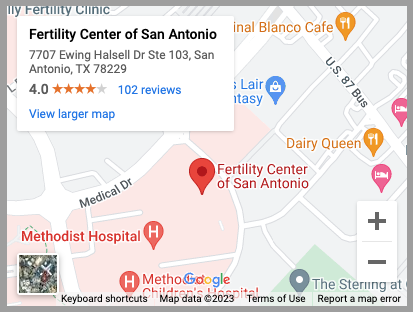SAN ANTONIO IVF OVULATION INDUCTION
Ovulation induction is one of the early steps in the in vitro fertilization (IVF) cycle. Ovulation induction is done to encourage the ovaries to release multiple eggs during a single cycle.
IVF, an effective fertility treatment for people who are having difficulty conceiving a child, typically includes the following stages:
- Ovulation induction
- Egg retrieval
- Insemination and fertilization
- Embryo culture
- Embryo transfer
The Fertility Center of San Antonio, pioneers in the reproductive field, employs IVF ovulation induction to maximize their patients’ chances of conception. Close, collaborative work by the center’s staff and laboratory has allowed the center to achieve some of the nation’s highest fertility success rates, documented by the federal government as well as the official Society for Assisted Reproductive Technology.
What Is Ovulation Induction?
During ovulation induction, fertility drugs are given that mimic the hormones your body normally releases during a natural cycle.
During a natural cycle, your body produces follicle-stimulating hormone (FSH), which causes several ovarian follicles and their immature eggs to develop. Generally, one egg becomes dominate and the others break down. After this remaining egg matures, your body releases lutenizing hormone (LH), which signals the egg to leave the follicle and journey down to the uterus, where it can be fertilized by sperm.
In most women, a single egg is released during a cycle, though some women may occasionally release two. However women who have trouble conceiving may not release any eggs at all.
During ovulation induction, fertility drugs are administered to encourage the release of multiple eggs during a single cycle. Several mature eggs will then be harvested to improve the chances of a successful fertility treatment. Multiple eggs are harvested because some will not fertilize or develop normally after fertilization.
The fertility drugs you take will depend on your needs, but in general, drugs used to improve the chances of conception include medication that:
- Stimulate the Ovaries. To encourage more than one egg to develop during a cycle, you might receive the hormones FSH or LH, or both.
- Mature the Eggs. To help the eggs mature and prepare them for harvesting, you may be give human chorionic gonadotropin (HCG) or another medication that helps eggs mature.
- Prevent Premature Ovulation. This medication prevents your body from releasing developing eggs too early.
- Prepare the Uterus Lining. Progesterone supplements may be recommended to make the lining of your uterus more receptive to implantation.
The exact drugs that are appropriate for you will be discussed in detail with your doctor. You will also be closely monitored with blood tests and ultrasound during ovulation induction to assess your body’s responses to the medications and to ensure the eggs are developing properly.
Sometimes IVF cycles are canceled before egg retrieval. There may be an inadequate number of follicles developing or too many follicles develop, creating the risk of hyperstimulation of the ovaries. Or, there may be premature ovulation. If the cycle is cancelled, your medications or dosages may be altered to improve your responses during a future IVF cycle.
Next Steps
As noted above, there are multiple steps during IVF and your fertility treatment will vary based on your needs. If you suspect infertility problems, please request a personal consultation to discuss ovulation induction or IVF.
